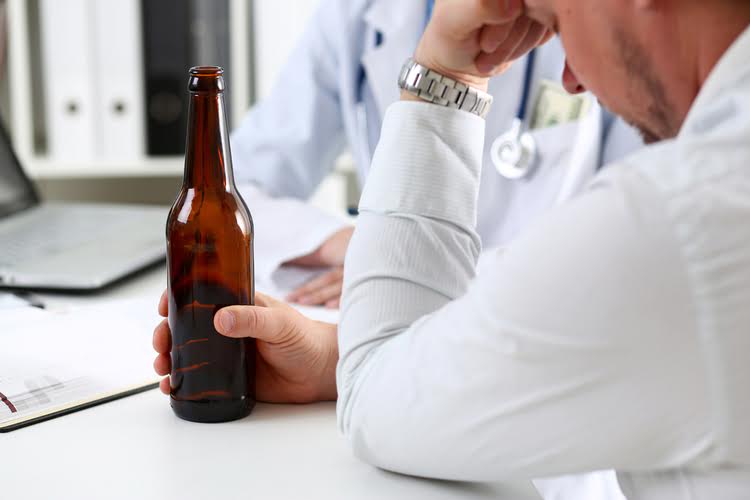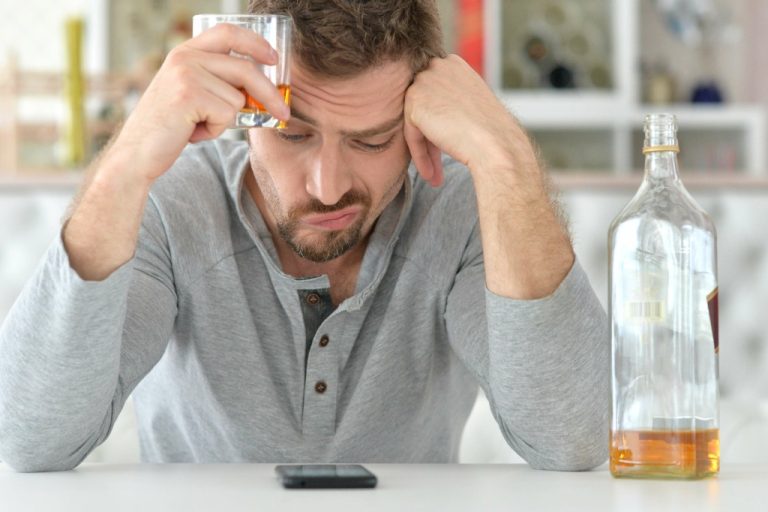You may find some inspiration from celebrities who have publicly talked about these struggles. Payton’s battles with substance abuse got her in trouble for check fraud and prostitution, and were her ultimate cause of death. As the story goes, Reed, who was renowned for being a heavy drinker but who had apparently been off booze for months prior, got involved in a drinking match that ultimately killed him. We can help you at ecosoberhouse.com You can be one of the hundreds of people who have regained their normal, healthier lives through our help.
Drug Interactions Can Be Deadly
Check out this gallery to see which stars died as a result of alcohol abuse. The cause of his death was a gastrointestinal hemorrhage, most likely baking soda to pass drug test the result of years of alcohol abuse. In 2015, he told the Mirror“It is my responsibility to do the best I can and to take it one day at a time.
Heath Ledger
Rich was barely 9 years old when he was cast in the part, and he grew up on screen during the show’s five years on the air. Years after leaving “That ’70s Show,” Kelly admitted that her struggle with alcohol had contributed to her departure. During an interview years later, Kelly said she’d turned to alcohol after losing a baby in a miscarriage but was working to turn her life around. Kelly was arrested in 2012 on a felony charge of corporal injury upon a spouse, but the district attorney didn’t press charges. She was arrested again a few months later and charged with assault alongside her husband. In September 2021, Williams’ body was discovered by his nephew at home in Brooklyn.
Oliver Reed’s Death
But she is also among famous people with mental illness and has spoken quite a lot about her struggles with anorexia, which she developed in her early twenties. Blair shared that she had been struggling with alcohol addiction for years, sought help, and entered rehab in 2016, where she received treatment and began her journey to sobriety. Despite the difficulties arising from her deteriorating illness, Blair has been sober since the day she checked into rehab. He has been open about his addiction and the role it played in his personal life, including his divorce and strained relationships with his family. Unfortunately, throughout his career, King struggled with alcoholism and drug addiction, which he has spoken about openly in interviews and his memoir, On Writing.
That’s what I got out of that marriage — was Wolfie, the best thing that ever happened to me. Valerie Bertinelli is reflecting on her relationship with ex-husband Eddie Van Halen with more perspective nearly four years after his death. The easiest way to lookup drug information, identify pills, check interactions and set up your own personal medication records. American NFL player, Vincent Jackson died on February 15th, 2021, from chronic alcohol use.
- Though not a founding member, O’Riordan would become a lead vocalist and the most recognizable member of the band.
- He ultimately sought treatment and was able to overcome his addiction, but his struggles with alcoholism were a significant part of his legacy.
- Still, later roles on “Community” and “Lovecraft Country” proved his versatility.
- According to official reports, his death was caused by an accidental overdose of fentanyl.
- Billie Holiday is widely considered one of the most influential female vocalists of the jazz and blues genres.
With the amount of alcohol he had drunk, coupled with his age and the activities he was engaging in, His heart simply gave out. A friend of his, Omid Djalili, had claimed Reed had given up drinking in preparation to his role in gladiator. He also claimed Reed’s actions in the bar were simply due to pressure from others.
Born in 1979, Australian actor Heath Ledger’s road to becoming one of the most popular actors in Hollywood was already in motion by the early ’90s, when he got his start acting in smaller roles in the land down under. Belushi was found dead in a Hollywood hotel, the Chateau Marmont, where he had been staying. learn the risks of combining ativan and alcohol In and out of rehab during his final months, Farley’s death stunned the comedy world. Just months after a fateful Playboy interview where he joked about his poor health, his trouble with drugs, and his impending death, Farley died from a fatal overdose, a toxic mixture of cocaine and morphine.
Starting as a child actress, Kumari would go on to be a successful actress with more than 92 credits to her name in about 32 years in the industry. She was critically acclaimed as well as loved by audiences for her performances, some of which have been deemed unforgettable. Brian Connolly is a case of the pressures of fame and success influencing his actions. He wasn’t always an alcoholic, even though he frequently took alcohol.
He ultimately sought treatment and was able to overcome his addiction, but his struggles with alcoholism were a significant part of his legacy. Richard Burton, esteemed actor and on-off husband to Elizabeth Taylor, suffered from alcoholism the majority of his adult life. He developed liver cancer and cirrhosis of the liver in the 1990s due to decades of drinking, and underwent a life-saving liver transplant. In short & long-term effects of heroin use 2013, King opened up to The Guardianabout his former alcohol addiction, describing how he’s not ashamed of his past. He said, “There’s a thing in AA, something they read in a lot of meetings, “The Promises.” Most of those promises have come true in my life, We’ll come to know a new freedom and new happiness, that’s true. But it also says in there, “We will not regret the past nor wish to shut the door on it.
River Phoenix got his big break in Hollywood when he was a child, first appearing as one of the stars of the Joe Dante-helmed “Explorers” alongside a young Ethan Hawke. Ellingson’s death came just months after his 35th birthday when he was living in a sober-living facility. According to official reports, his death was caused by an accidental overdose of fentanyl.
Unfortunately, his memorable career was cut short in early 1982, the result of an ongoing drug addiction and a shocking manslaughter case that left Belushi dead. Best known to audiences for his decade-long stint at Chandler Bing on “Friends” beginning in 1994, Matthew Perry first broke into acting on the small screen years earlier. Brad Renfro got his start as a child actor with a small role in Joel Schumacher’s courtroom thriller “The Client,” but as he got older he took on starring roles. Renfro’s most notable film is “Apt Pupil,” the film that turned director Bryan Singer into a Hollywood darling.
The famous comedian abused cocaine and alcohol early in his career, but quit when friend and fellow comedian, John Belushi, died of a cocaine and heroin overdose in 1982. After that, the late actor struggled off and on with alcohol for years until his death in 2014. He even regularly highlighted these struggles as a part of his stand-up routines. In a 2006 interview with Diane Sawyer, Williams talked about the reality that drinking doesn’t always have a reason behind it, saying “It’s [addiction] — not caused by anything, it’s just there,” Williams said. It lays in wait for the time when you think, ‘It’s fine now, I’m OK.’ Then, the next thing you know, it’s not OK.
Another factor that may have played a role in his alcohol addiction. In his younger days, during his time with Skid Row and Thin Lizzy, alcohol use never seemed to be a problem. With band rock stars, however, there is usually more alcohol consumption than sobriety in most cases. There were, however, no complaints of excessive drinking, even though there probably were incidents. Renfro’s struggles had a major effect on his career, as major movie roles began drying up. In 2007, while on probation, he failed to enter a drug treatment program as instructed, which could have saved his life.
Learn more about alcohol abuse and addiction, and explore treatment options to avoid negative health outcomes. Betty Ford, the wife of former President Gerald Ford, suffered from alcoholism and addiction to painkillers. She raised public awareness of addiction by confessing to her long-time battle with alcoholism in the 1970s.
The Van Halen guitarist died Oct. 6, 2020, at 65, after battling cancer. The rocker and Bertinelli, who broke through as Barbara Cooper on the Norman Lear sitcom “One Day at a Time,” wed in 1981. The former pair share son Wolfgang Van Halen, 33, who toured with his dad’s band as bassist. In her heyday, there was nobody more famous in Hollywood — or arguably the world — than Marilyn Monroe. Born Norma Jeane Mortenson, she embarked on a modeling career in the 1940s and became a sex symbol practically overnight. Known for her playful attitude, curvaceous figure, and long flowing locks, Monroe’s name and likeness became synonymous with beauty and glamour.






